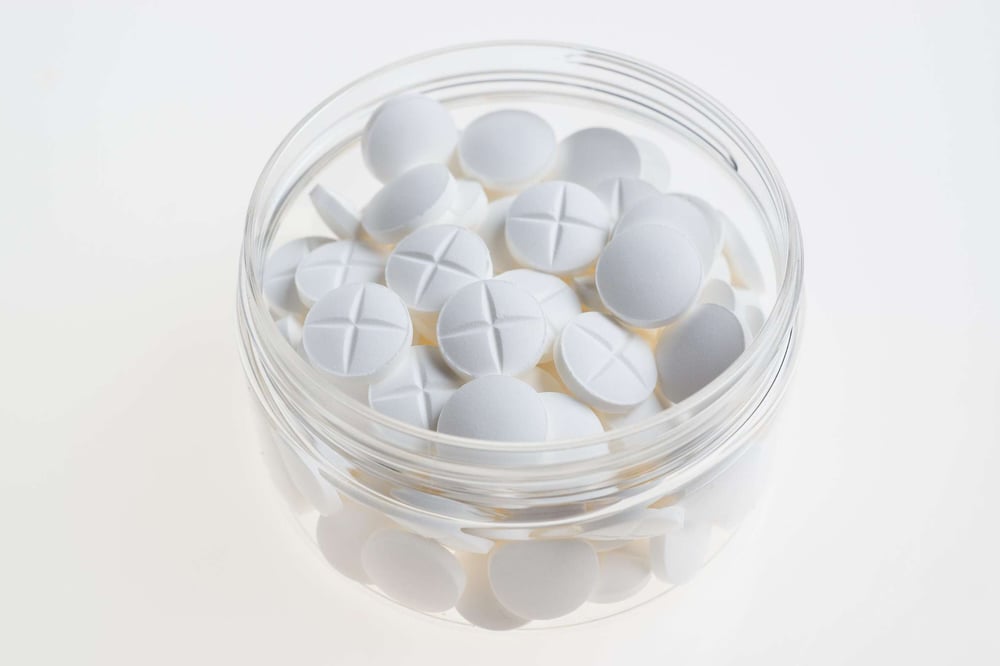Invokana was the first of its kind in a new class of drug for Type 2 diabetes.
It was developed and marketed to help people manage their diabetes without insulin by causing the kidneys to remove sugar from the body via urine, thereby lowering blood sugar levels. This process prevents blood from reabsorbing the sugar.
In March 2013, the FDA approved Invokana. However, two years later in May 2015 the agency was warning the public that Invokana may lead to dangerous side effects.
Here are some of the possible side effects of Invokana:
1. Leg and Foot Amputation
Based on data from two large clinical trials, the FDA issued a new Black Box warning for Invokana, Invokamet and Invokamet XR.
Both studies the organization reviewed showed an increased risk of leg and foot amputations to patients using Invokana. Because of this, the FDA required Invokana to have a Black Box warning, the most severe warning the FDA can give, about leg and foot amputations.
2. Kidney Damage
Invokana prompts the kidneys to remove sugar from the body, however kidneys play a vital role in filtering waste products from the bloodstream.
When Invokana damages the kidneys they can stop functioning. This can cause a buildup of waste in the blood, requiring dialysis.
After the FDA approved Invokana, they received 101 reports of acute kidney injury. Of these cases, 96 patients required hospitalization. 22 required intensive care. Four patients died after being hospitalized. In about half of these cases, acute kidney injury occurred within one month or less of starting the drug.
According to the FDA, 56 of these patients discontinued the medications and saw some improvement, but it warned that kidney injury is not reversible in all situations.
The FDA revised Invokana's labeling to warn of acute kidney injury when taking canagliflozin, the active ingredient in Invokana.
Along with the label change, the FDA also told doctors and health care professionals to consider risk factors that could predispose patients to acute kidney damage. These include low blood volume, congestive heart failure, and certain medications. The medications include diuretics, blood pressure medications known as angiotensin-converting enzyme (ACE) inhibitors, angiotensin receptor blockers (ARBs), and non-steroidal anti-inflammatory drugs (NSAIDs).
3. Ketoacidosis
Diabetic Ketoacidosis (DKA) is a dangerous complication of diabetes. About 14% of all diabetics are hospitalized because of it. The condition can lead to coma and death. Researchers linked DKA to 16% of all diabetes-related deaths.
DKA occurs when the body starts using fats as fuel instead of sugar or glucose. Insulin helps the body in using sugar as fuel, but when a person has diabetes the body cannot use sugar for fuel. It uses fat instead.
When the fat is broken down, it causes the body to produce acidic chemicals called ketones. These build up and poison the body. This can cause organs to malfunction.
According to the FDA, there were at least 20 cases of ketoacidosis associated with this class of drugs within 15 months. All these cases require visits to the emergency room or hospitalization.
These numbers pale in comparison to the 457 serious adverse events reported to the FDA between March 2013 and March 2014, which were documented by the Institute for Safe Medication Practices. This was higher than 92% of other medicines regularly checked.
When a clear evidence of harm exists, you deserve to be compensated.
Injured by Invokana?
Get the compensation you deserve.
Invokana manufacturer, Janssen Pharmaceutical, a subsidiary of Johnson & Johnson, has net almost $1 billion in profits from Invokana in the last year alone. Meanwhile, the number of individuals injured by Invokana have begun to accumulate. They have begun to file consumer protection lawsuits against the pharmaceutical giant.
If you or a loved one has been injured or harmed by Invokana, you need an attorney with experience helping people who have been harmed by pharmaceutical drugs.
Click the button below to contact an experienced attorney and get the compensation you deserve now.
Stangl Law Offices, S.C.



